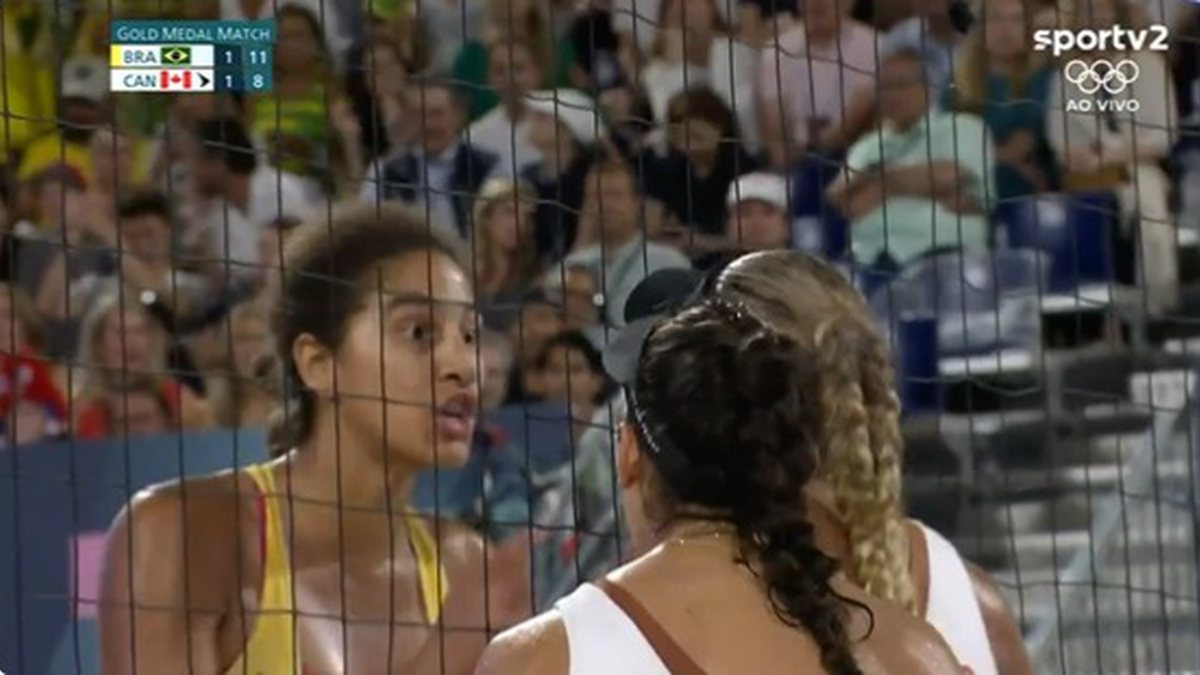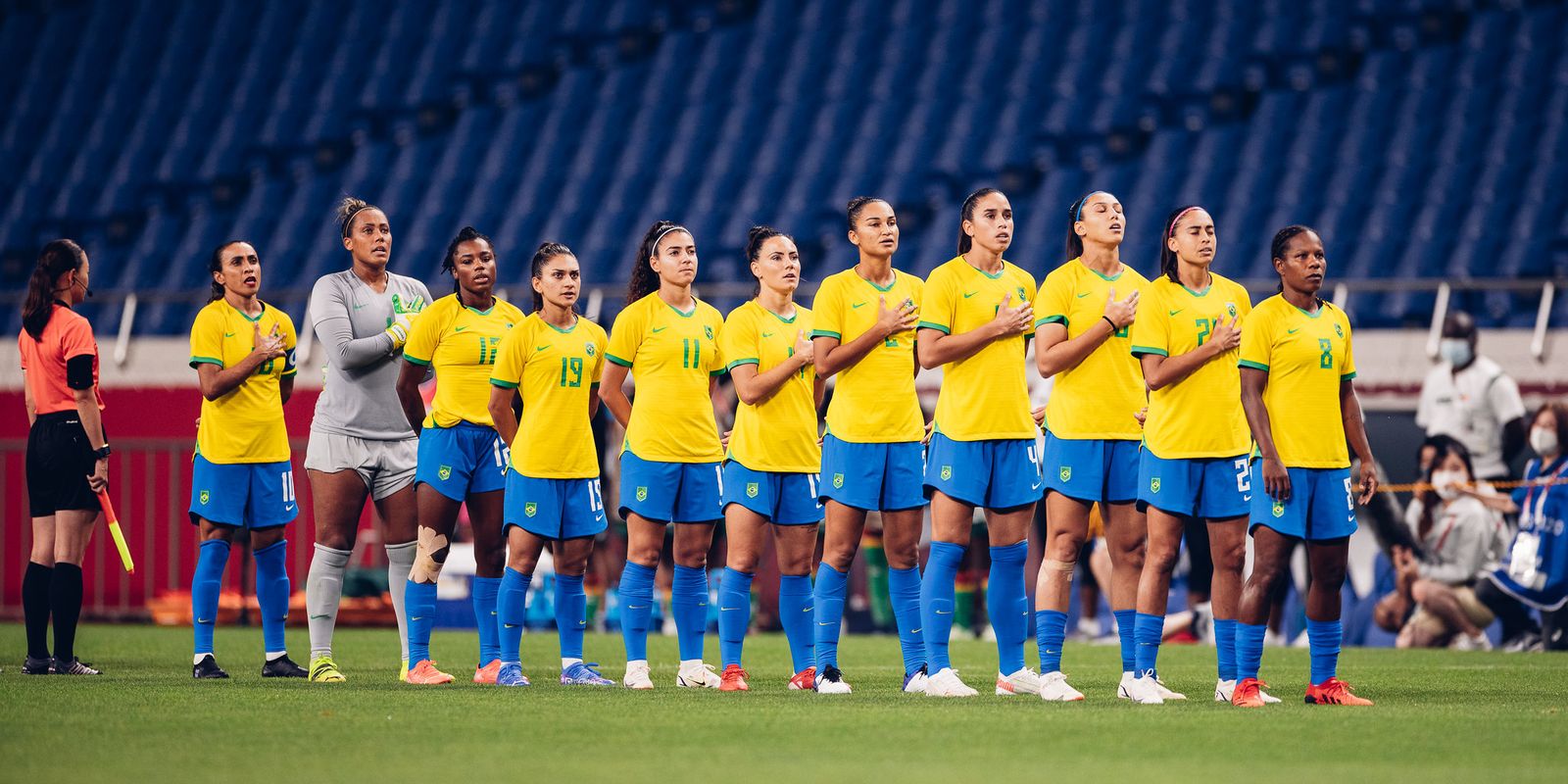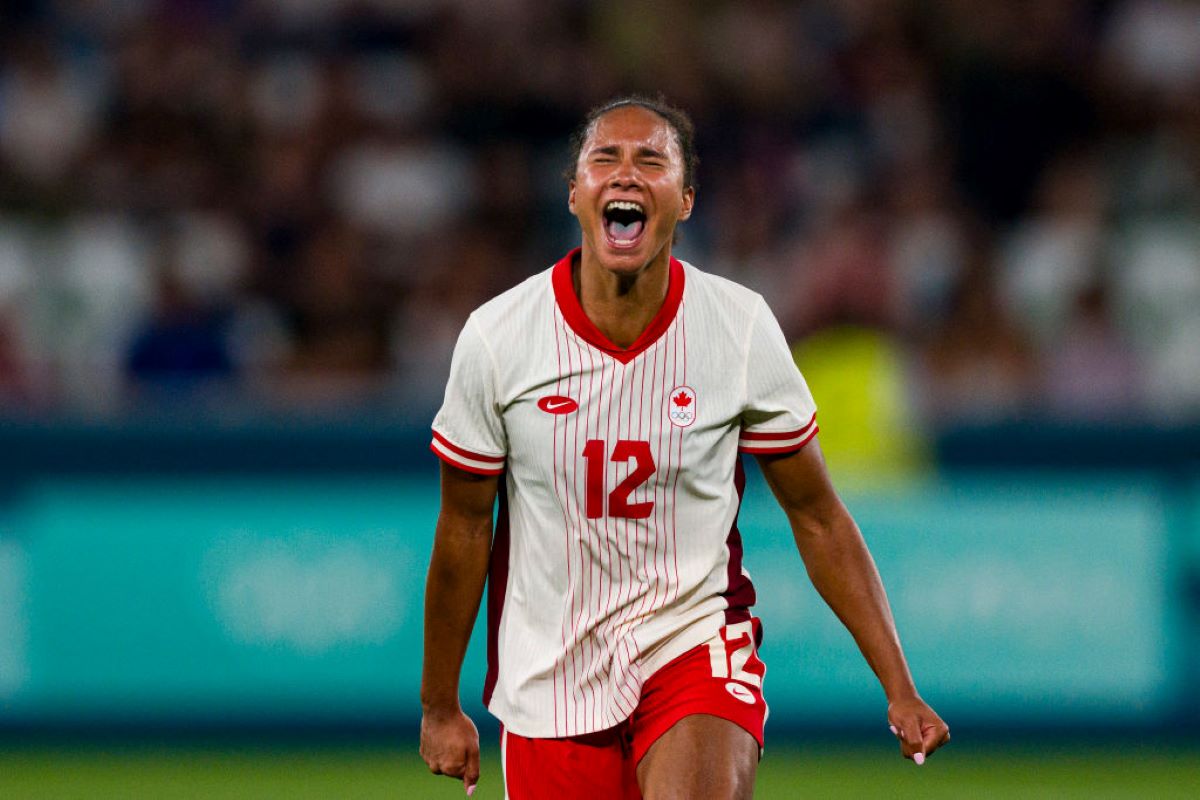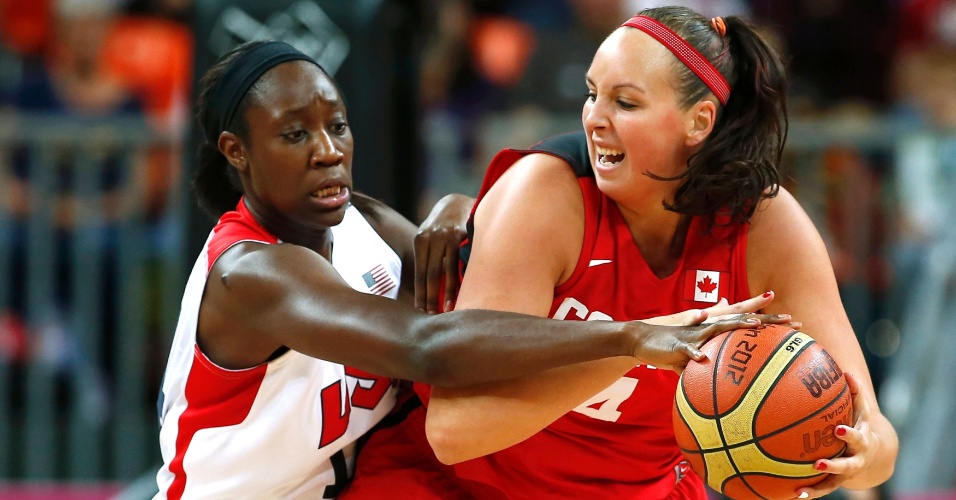Every four years, fans around the world follow for a month the paths that the ball will trace in a certain place on the planet to crown, in the final game, the great selection of the moment, celebrating idols, new and old.
This is what the World Cup is about: who owns the ball, who are the stars of the moment, the tactical innovations. All within four lines. This, of course, in men’s football.
For women, the Cup goes well beyond the four lines. We can say that the ball is an instrument of work, of fantasy, of competition… and also of struggle. This is when players get special attention and can, together, echo their voices, which generally say the same thing across the planet. No matter the language, they all cry out against prejudice and discrimination.
Five months before the Women’s Cup in Australia and New Zealand, at least three qualified teams – France, Canada and Spain – are experiencing moments of tension between players and technical staff and/or federation. The reasons are various: working methods, personnel management, preparation problems, lack of investment… At the root of all, gender discrimination. In which men’s team would a coach be retained if 15 players, including some outright starters, asked to be excused a call-up citing problems with the coach’s methods?
In 2019, the Women’s World Cup in France ended in the stands of the Lyon stadium screaming in unison, the day of the final which consecrated the American title: Equal Pay, Equal Pay, Equal Pay… This same year, the FIFA The Best ceremony, which consecrated the American Megan Rapinoe as the best player in the world, changed the protocol and ended with the women’s prize. The most active voice in the national team, Megan has taken to the spotlight to speak out against gender discrimination in football.
This Monday there is another FIFA The Best ceremony. Will there be a space to discuss issues in women’s football, five months from the Cup? Alexia Putellas, currently best in the world and one of the finalists, does not know if she will go to the Worlds. Not because of the knee injury, but because she and her colleagues are challenging the job of the Spanish national team coach.
Four years ago, women cried out to the world about the magnitude of the financial injustice that was causing, in the same country, a four-time world champion and four-time Olympic champion team would be paid less than a men’s team ranked third in the world.
Highlights: USA 2-0 Netherlands in the final of the FIFA Women’s World Cup 2019
Little by little, very slowly, some teams managed to improve this situation. That of the United States, for example, the most victorious of the modality, and also one of those who fought the most – the players even sued the federation itself -, won the closest deal to ideal last year: the prizes received by the men’s and women’s teams fall into a “single box” and are divided equally between men and women.
Other Equal Pay agreements have already been concluded by several women’s teams, including that of Brazil, in 2020. Not always in the best way, but all are, yes, one win, one step closer. Even the longest walks start with a first step, right?
Now, on the eve of the next Cup, the first with 32 selections, the women are showing that they do not want and will not stop at the first step. The fight for a fair wage is already a reality, even for those who have not yet won their case.
The Cup coming up, however, will be the Respect Cup.. It’s not just a question of money. Players want working conditions, sporting and personal dignity, high level professionalism. Sadly, that’s not what we saw there, including clubs and top shelf selections in the world. But they will fight, they are already fighting. They are even ready to sacrifice their personal and professional dreams.
In this area, the great example was the Norwegian Ada Hegerberg, Ballon d’Or of France Football in 2018 (the first edition awarded to women’s football). The Lyon star was absent from the national team for five years in protest against the country’s federation. He quit playing at the 2019 World Cup and his absence strongly echoed the message that something had to change. He returned, after a few advances obtained by the players.
This time, the sources of dissatisfaction, struggle and sacrifice are multiple:
– Since September, a group formed by at least 15 players from the Spanish national team is removed from the squad by his own decision, to protest against the tenure of coach Jorge Vilda, questioning his working methods. Among them are indisputable starters like Mariona Caldentey, Ona Batlle, Mapi León and Sandra Paños, and young promises like Aitana Bonmatí, Patri Guijarro and Claudia Pina. Alexia Putellas, one of the best players in the world, is not called up due to injury, but she supported the protest of her colleagues. The Spanish Federation is on the side of the coach, who remains in charge. It is unclear whether the retired players will participate in the Cup.
– Last Friday, defender Wendie Renard, captain of the France team, with 33 goals scored in 138 matches, resigned from the national team. On the same day, forwards Kadidiatou Diani and Marie-Antoinette Katoto followed suit. “I cannot endorse the current system,” Renard explained in the note posted on his social media. The France team, Brazil’s second opponent in Group F of the Cup, has been experiencing strong relationship problems for at least five years between the players and coach Corinne Deacon. Renard, Katoto, Eugénie Le Sommer, Amandine Henry, Gaëtane Thiney, Sarah Bouhaddi… the list of athletes who, at some point, fell out with their coach, for various reasons, is not thin. After the triple resignation on Friday, the French Federation announced a meeting to deal with the file this Tuesday. The country’s press says it is possible that Deacon will announce his departure from office.
The Women’s Cup is approaching, and for the women there is much more at stake than the world title.

“Evil pop culture fanatic. Extreme bacon geek. Food junkie. Thinker. Hipster-friendly travel nerd. Coffee buff.”

:strip_icc()/i.s3.glbimg.com/v1/AUTH_bc8228b6673f488aa253bbcb03c80ec5/internal_photos/bs/2023/E/U/dDRcMFSs6dc4O4H2iZ9g/whatsapp-image-2023-02-24-at-14.10.22.jpeg)




:strip_icc()/i.s3.glbimg.com/v1/AUTH_da025474c0c44edd99332dddb09cabe8/internal_photos/bs/2024/x/2/N6XJkFRYWxJY6hAeUEtw/betty2.png)
